Producing high-quality thin film packaging at An Phat Bioplastics Joint Stock Company, Nam Sach district, Hai Duong province. (Photo: TUE NGHI)
With new green standards, requirements for production technology, supply chain control and management capacity will become increasingly stringent, putting great pressure on businesses. The ability to transform technology, effectively manage supply chains, improve workers' skills as well as meet reporting and declaration requirements will be the decisive factors for success.
Challenges create opportunities
After a difficult 2023, leather and footwear exports in the first half of 2024 have improved with a turnover of more than 6.5 billion USD, up 5.7% over the same period last year. The Vietnam Leather, Footwear and Handbag Association (Lefaso) forecasts that the industry's total export turnover this year will reach about 26-27 billion USD, a significant increase compared to the figure of more than 24 billion USD in 2023. However, according to Lefaso Vice President Phan Thi Thanh Xuan, the leather and footwear industry still faces many challenges, the most stressful of which is the bottleneck in the supply chain of raw materials.
In addition, major footwear importing countries are imposing many new requirements on imported products related to social and environmental responsibility, strongly affecting the Vietnamese footwear industry. For example, since March 2024, the EU market has begun to introduce new requirements such as ecological design, sustainability standards or transparency in the supply chain, etc.
The EU is one of Vietnam’s largest export markets, with its export turnover growing rapidly under the spillover effects of the EU-Vietnam Free Trade Agreement (EVFTA). From January 15, 2020, the region began implementing the European Green Deal (EGD), a comprehensive and long-term program to respond to global climate emergencies.
In principle, the Green Deal was originally designed to regulate economic activity within the EU. But in many cases, its rules can also apply to goods and services originating from outside the EU, especially those consumed or circulated in the single market.
Therefore, the Green Deal is not only limited to the EU but also affects other countries, especially those with large trade relations with the EU such as Vietnam. This means that Vietnamese enterprises exporting goods to the EU also need to comply with the new standards and requirements set by the Green Deal. In fact, after 4 years of implementing the Green Deal, the EU has issued many policies that directly affect imported goods.
These include the Farm to Fork (F2F) Strategy and the new Circular Economy Action Plan (CEAP), which focus on the agriculture and manufacturing sectors. In addition, biodiversity policies and the Carbon Border Adjustment Mechanism (CBAM) also impose strict requirements on imports.
Accordingly, from now until 2030, CBAM will impose taxes on iron and steel, aluminum, cement, fertilizer, and hydrogen products if they do not reach appropriate emission levels, and in the future may expand to include seafood, textiles, footwear, etc.
Prepare and act early
According to the assessment of the Vietnam Steel Association (VSA), the domestic steel industry has a very high emission level, emitting the equivalent of 3.5 billion tons of carbon emissions each year, accounting for about 7-9% of total national emissions and 45% of industrial emissions.
Therefore, the impact of CBAM on Vietnam's steel export activities to the EU is not small, forcing steel enterprises to quickly change their awareness, prepare financial resources, science and technology, engineering, etc., and gradually transform production towards low carbon emissions, meeting the requirements of sustainable production if they want to continue cooperating with this market.
However, facing the pressure of “greening” of the global industry, VSA Chairman Nghiem Xuan Da sees an opportunity to “transform” the steel industry towards modernization and sustainable development. According to experts, the steel industry still has a lot of potential to reduce emissions through the application of new technologies such as the use of hydrogen energy, renewable electric furnaces, carbon capture technology, etc. This is the goal that the steel industry has set for many years, but businesses are still “lazy” to move because they have not yet faced the pressure.
Although “green” policies pose big challenges for businesses in the short term, green transformation is also an opportunity for Vietnamese businesses. For example, the EU’s green standards are very strict, but if prepared early and carefully, Vietnamese businesses can completely meet them. The EU often publishes draft policies and publicly solicits feedback very early, giving businesses time to adapt.
Furthermore, the implementation of these policies is often gradual, allowing businesses to implement them step by step. Furthermore, many green standards only require businesses to change some of their working processes or ways of reporting information, and do not necessarily require large investments. In fact, some of the new EU standards were once voluntary standards that businesses have been implementing to meet customer requirements.
More importantly, by proactively adapting to the green transition, businesses will have an advantage in accessing the potential green product market as global consumer demand increasingly shifts towards sustainable products.
State management agencies, associations and organizations can effectively support the green adaptation process of enterprises by providing timely, accurate and detailed information on green standards; consulting and guiding enterprises in implementation; coordinating with export markets to discuss appropriate implementation methods as well as technical support programs for green transformation for Vietnamese enterprises.
It is necessary to propagate, disseminate and raise awareness for businesses about green industry, so that businesses and people can clearly see that developing green industry is an inevitable trend, bringing many benefits such as protecting environmental resources, promoting business development and improving the quality of the production and business environment as well as the health of workers...
Trinh Quoc Vu, Deputy Director of Department of Energy Saving and Sustainable Development (Ministry of Industry and Trade)


![[Photo] Looking back at the impressive moments of the Vietnamese rescue team in Myanmar](https://vstatic.vietnam.vn/vietnam/resource/IMAGE/2025/4/11/5623ca902a934e19b604c718265249d0)

![[Photo] "Beauties" participate in the parade rehearsal at Bien Hoa airport](https://vstatic.vietnam.vn/vietnam/resource/IMAGE/2025/4/11/155502af3384431e918de0e2e585d13a)




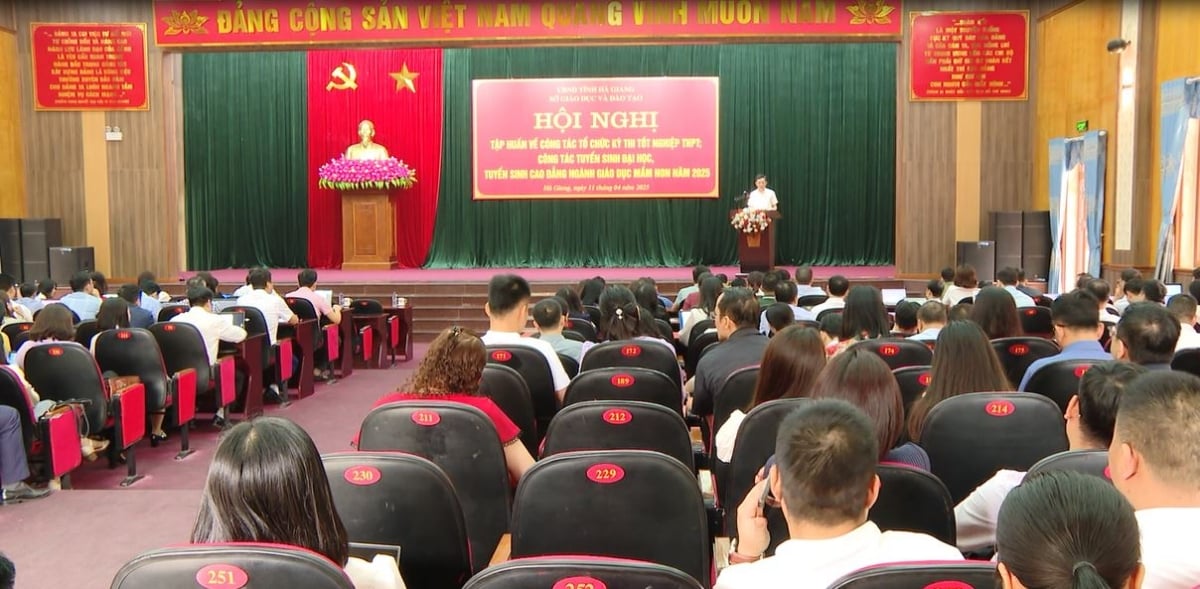
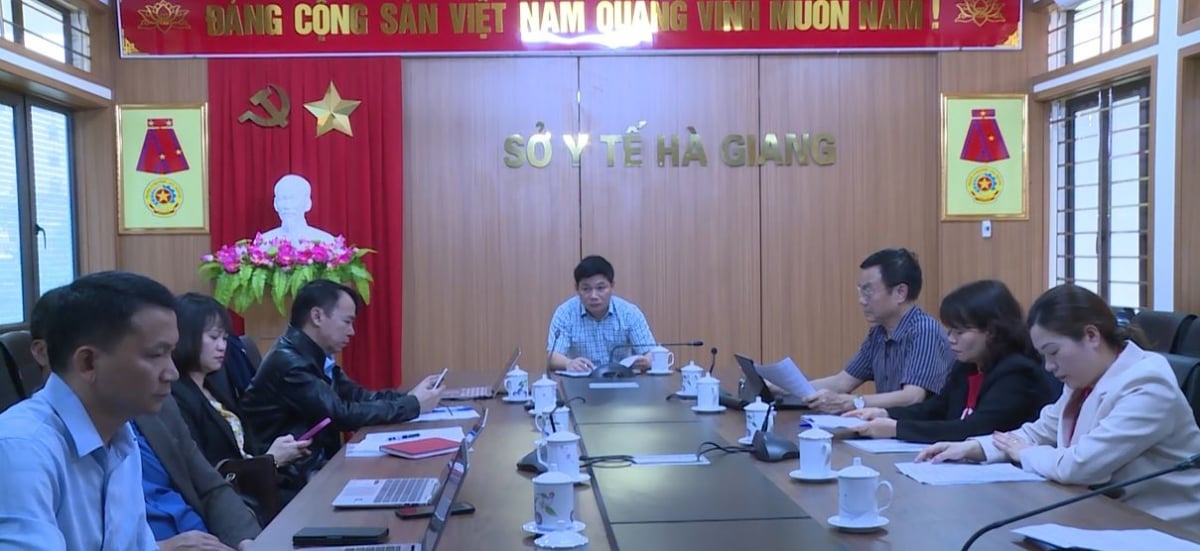


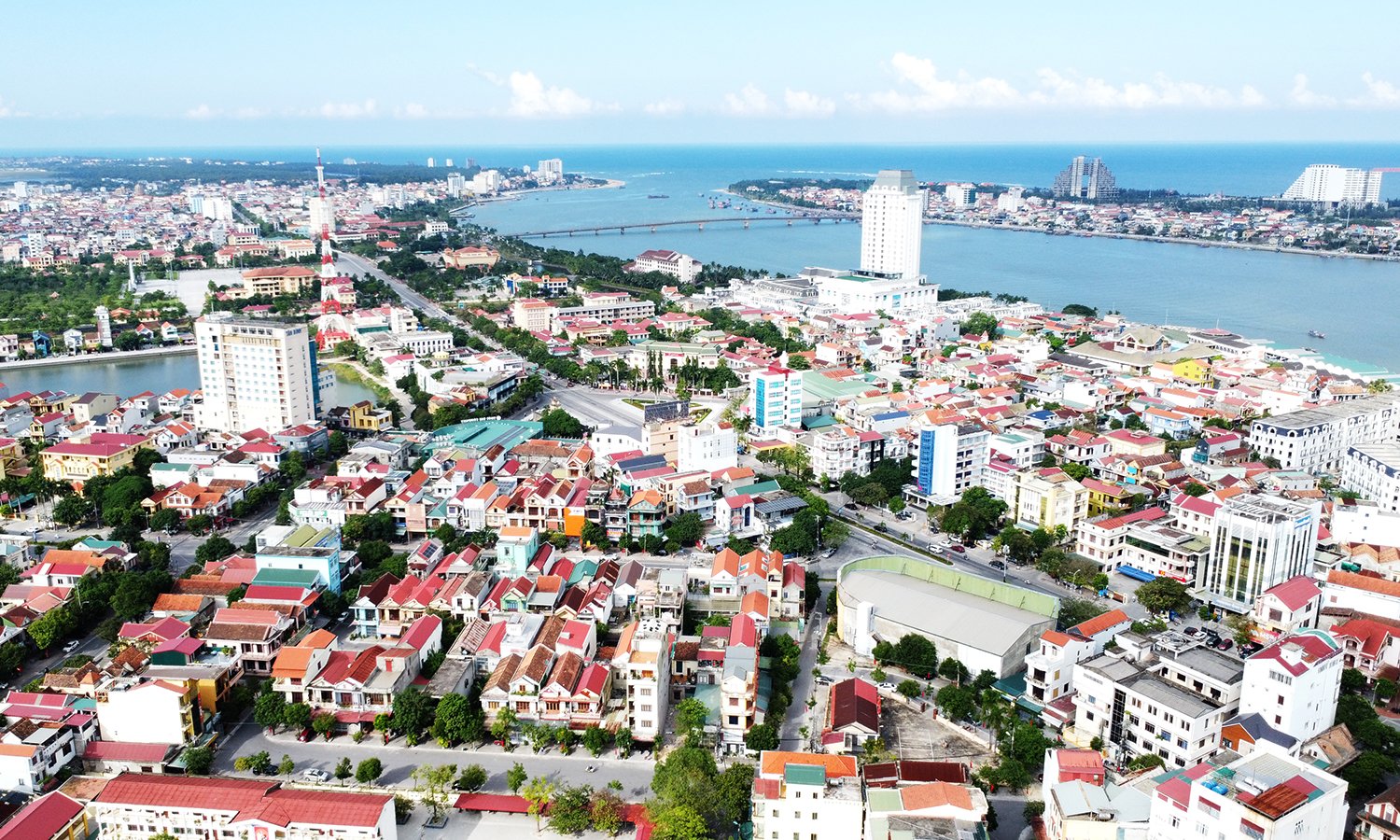
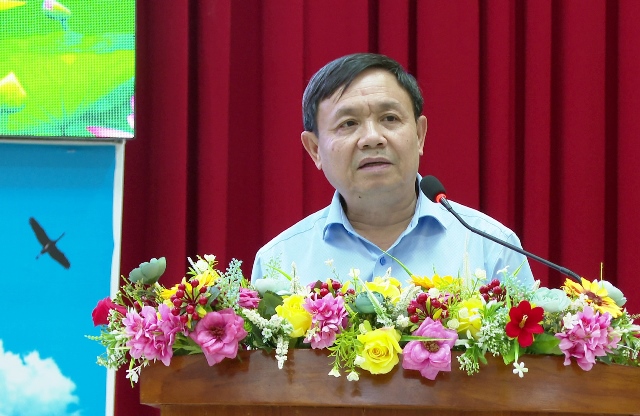
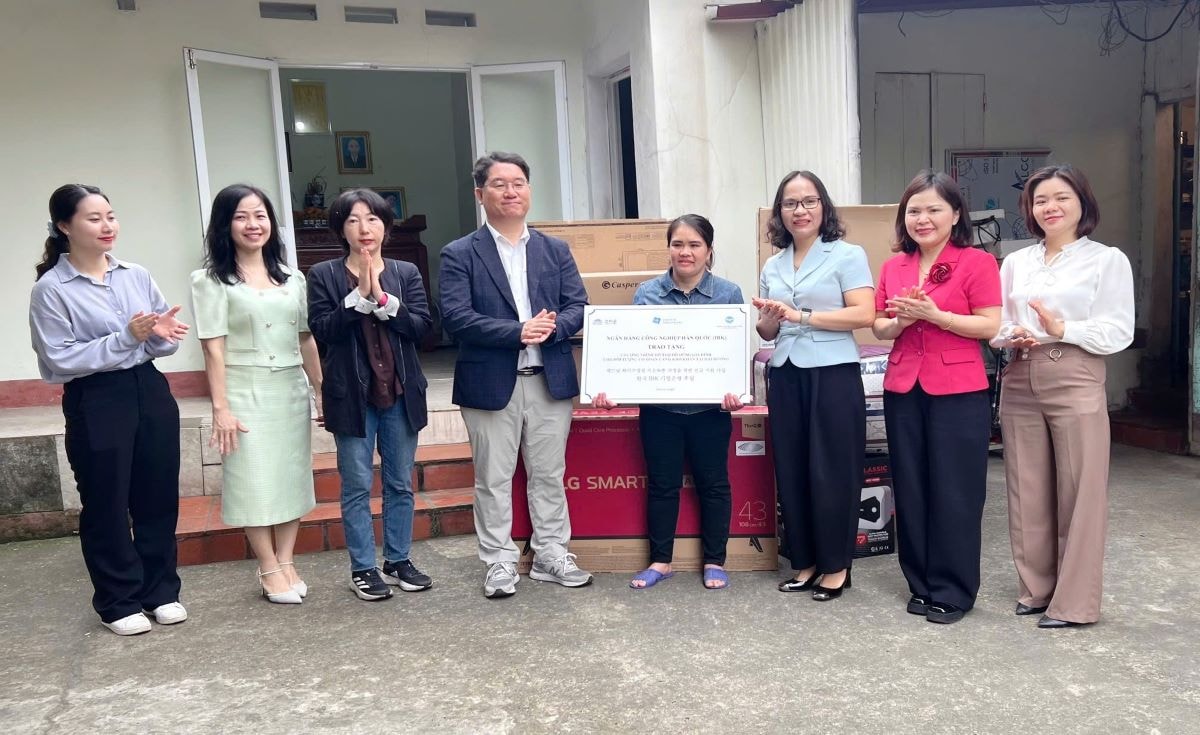

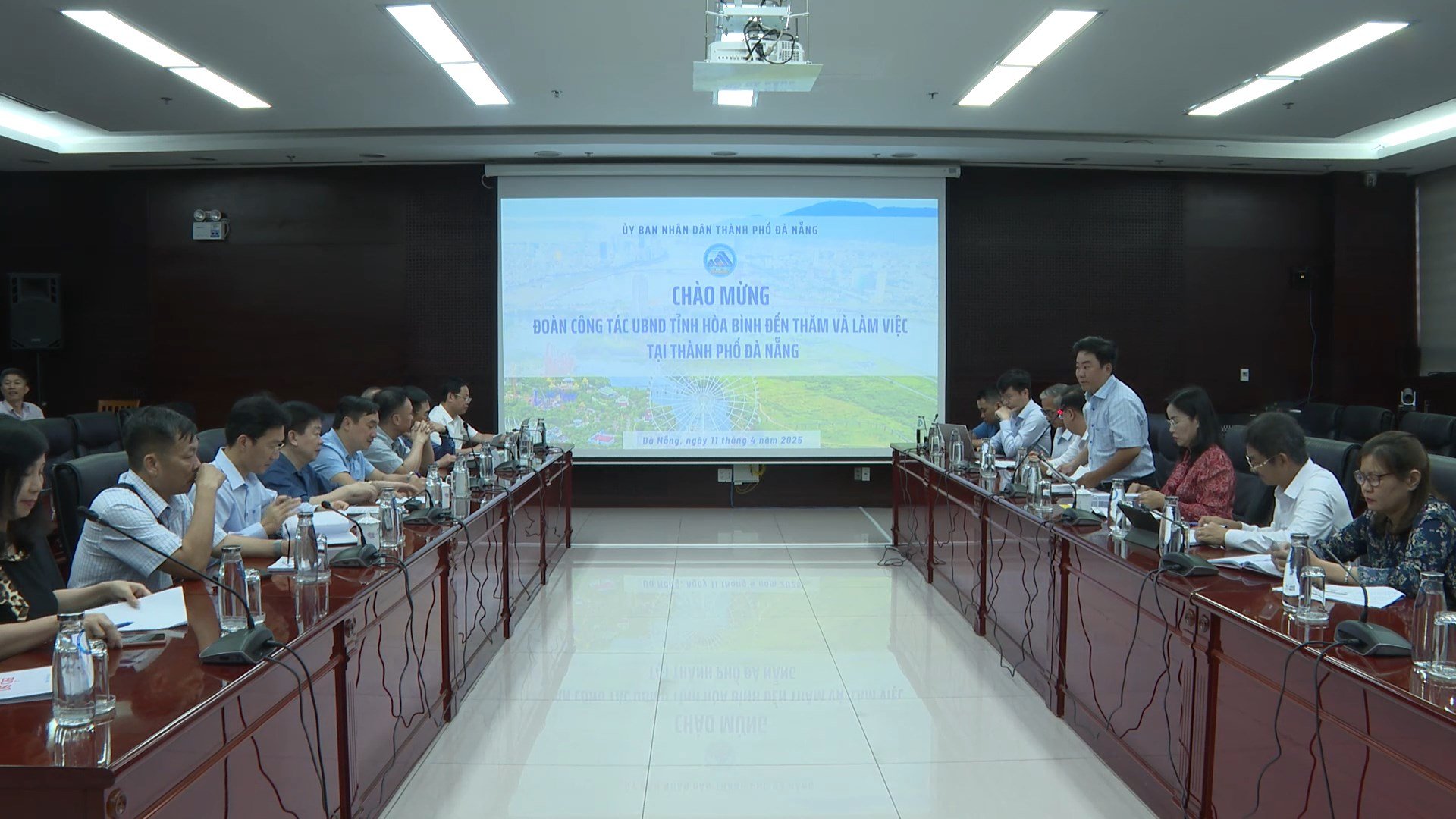
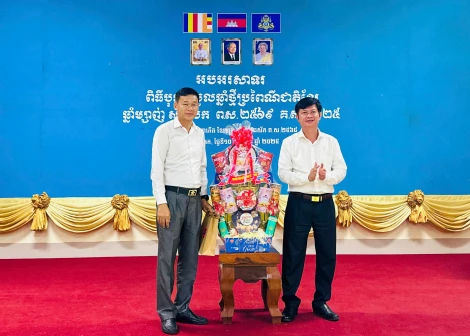
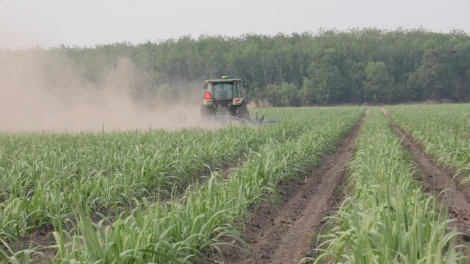


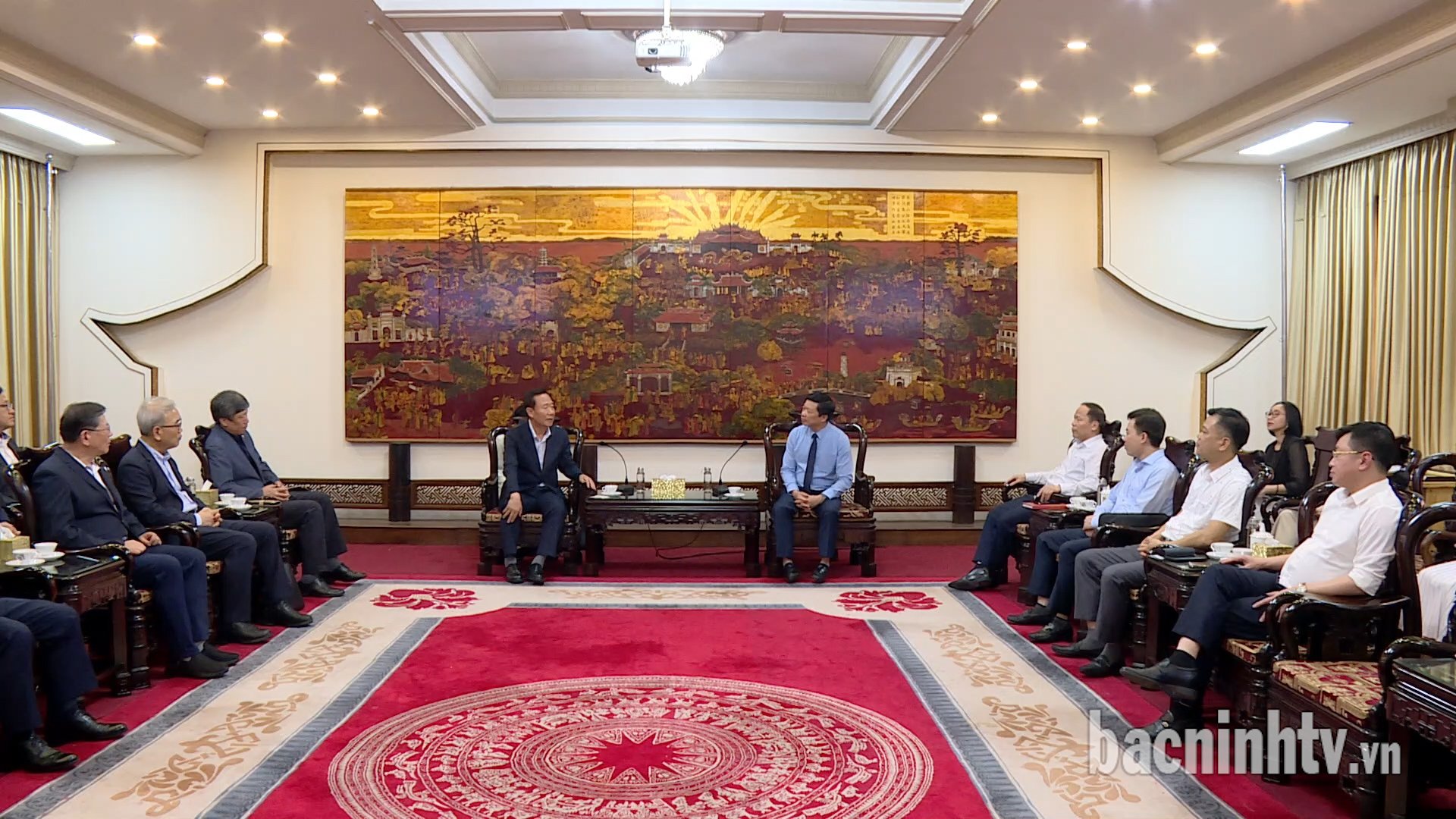
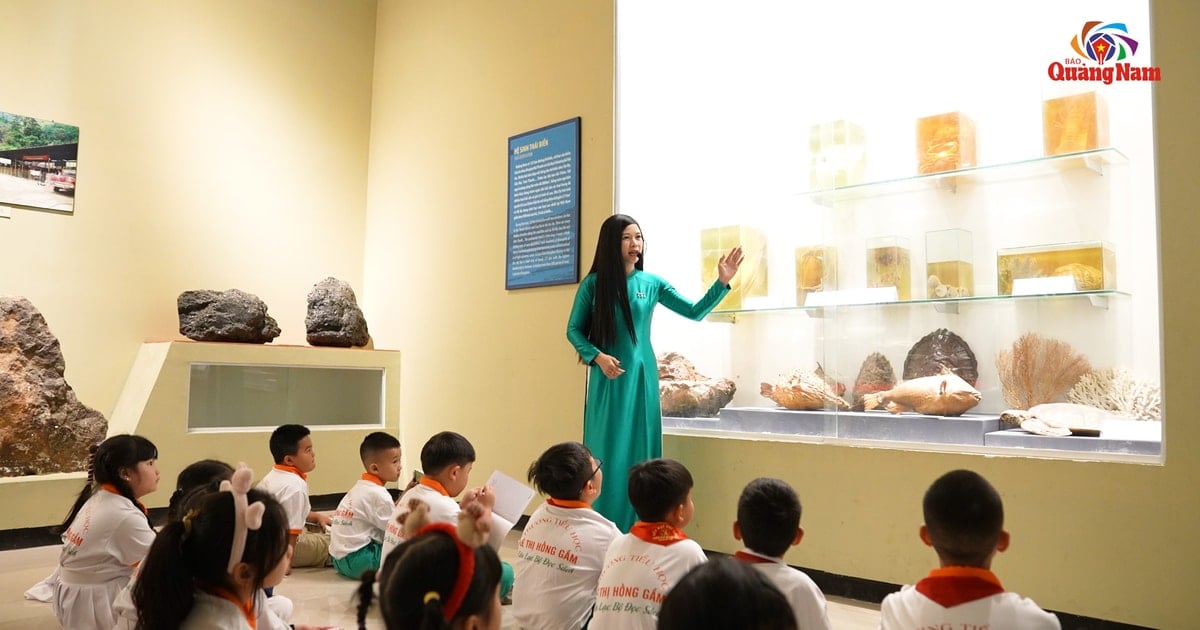
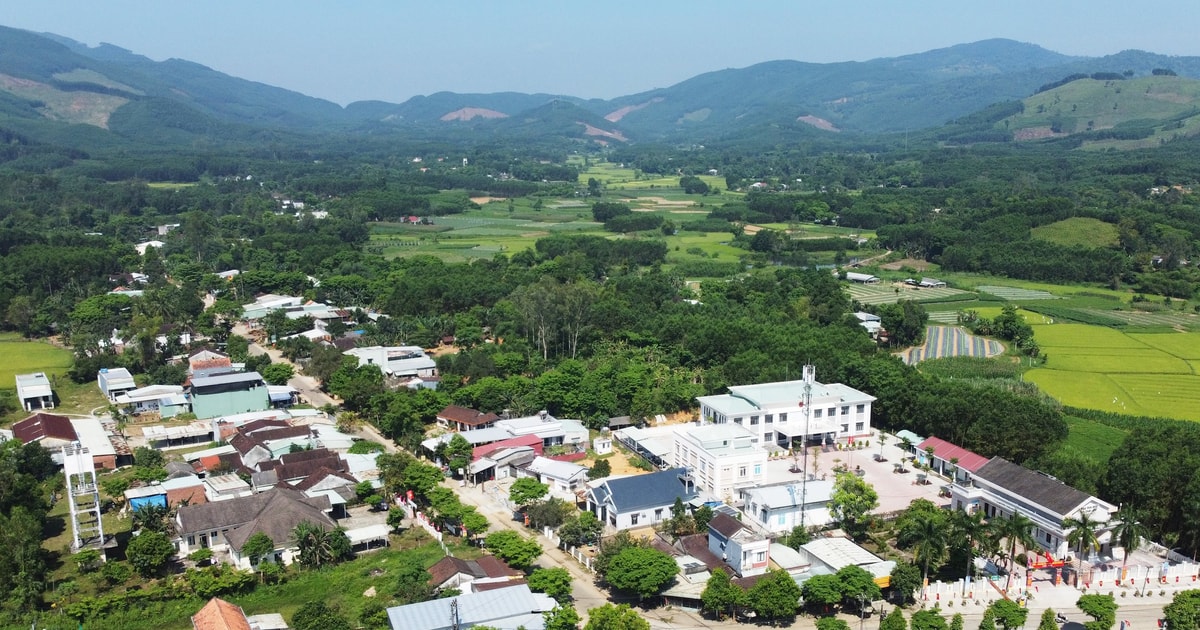
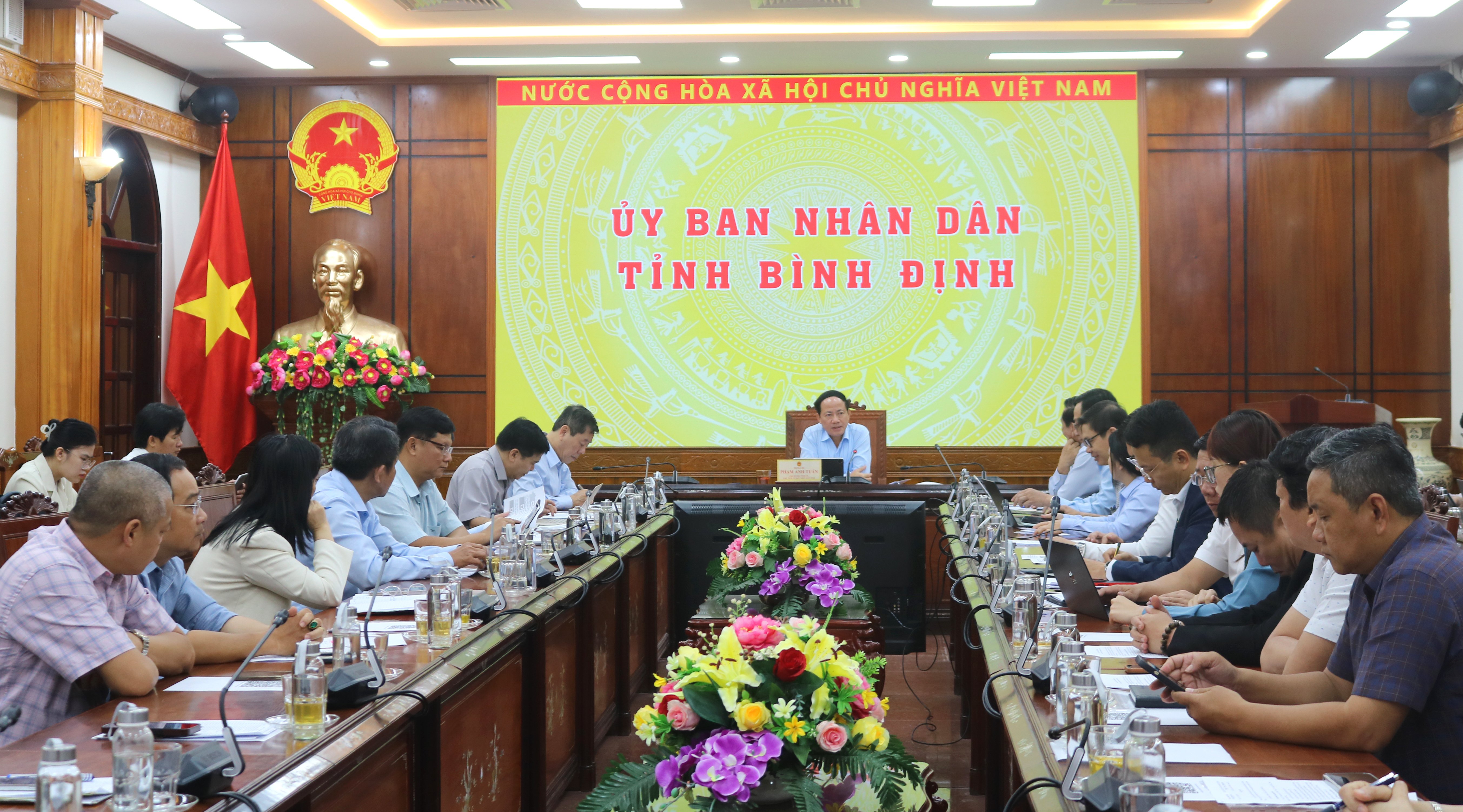
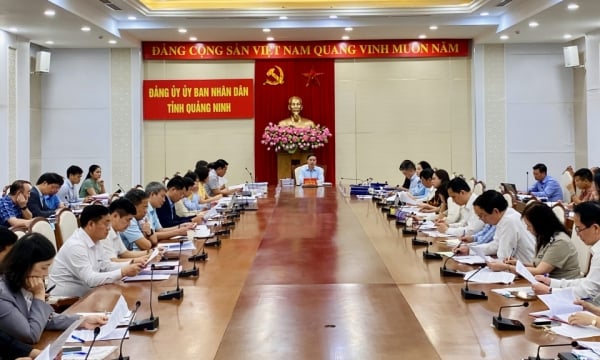
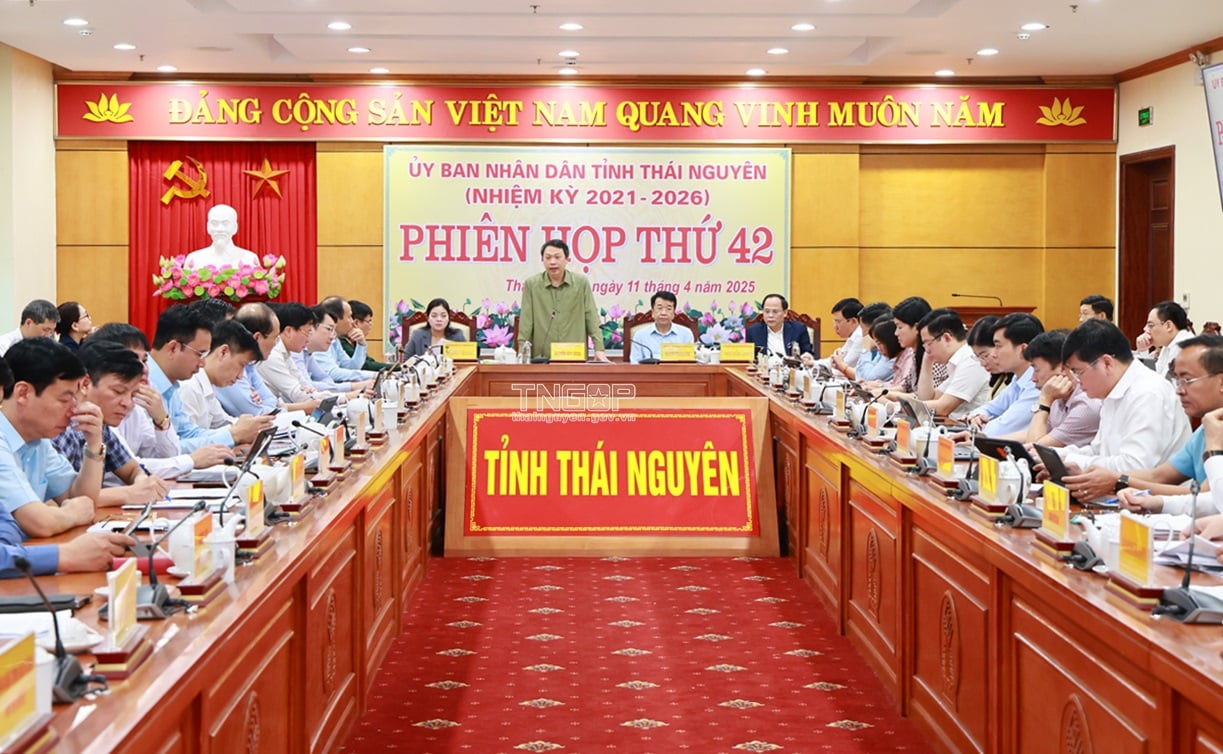

![[Photo] Summary of parade practice in preparation for the April 30th celebration](https://vstatic.vietnam.vn/vietnam/resource/IMAGE/2025/4/11/78cfee0f2cc045b387ff1a4362b5950f)







































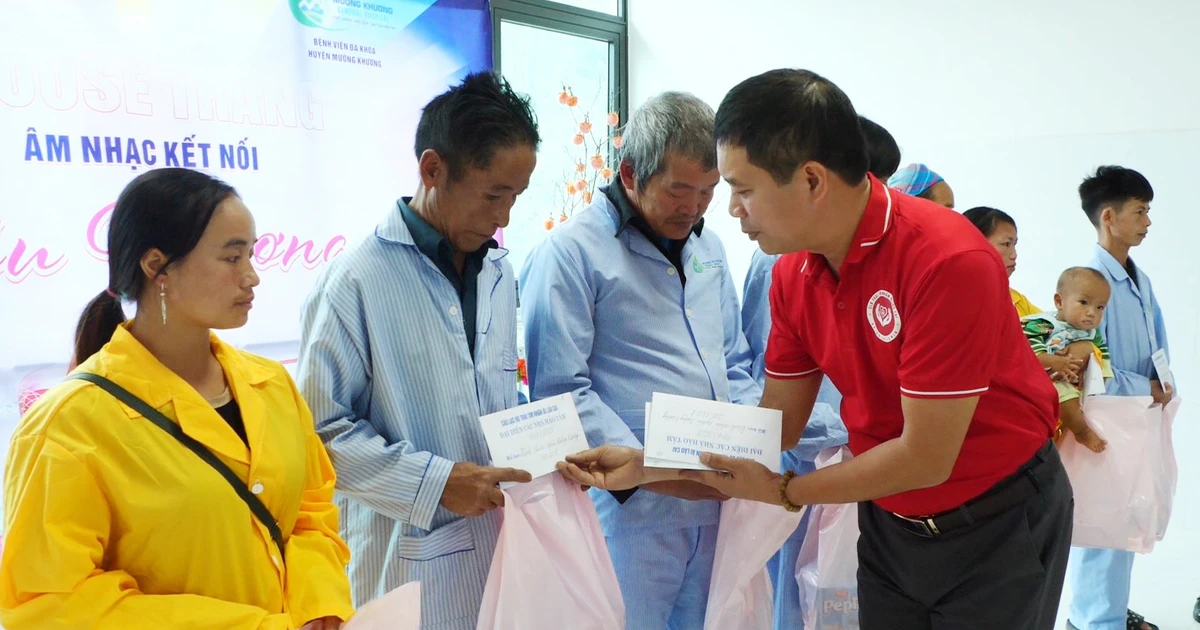


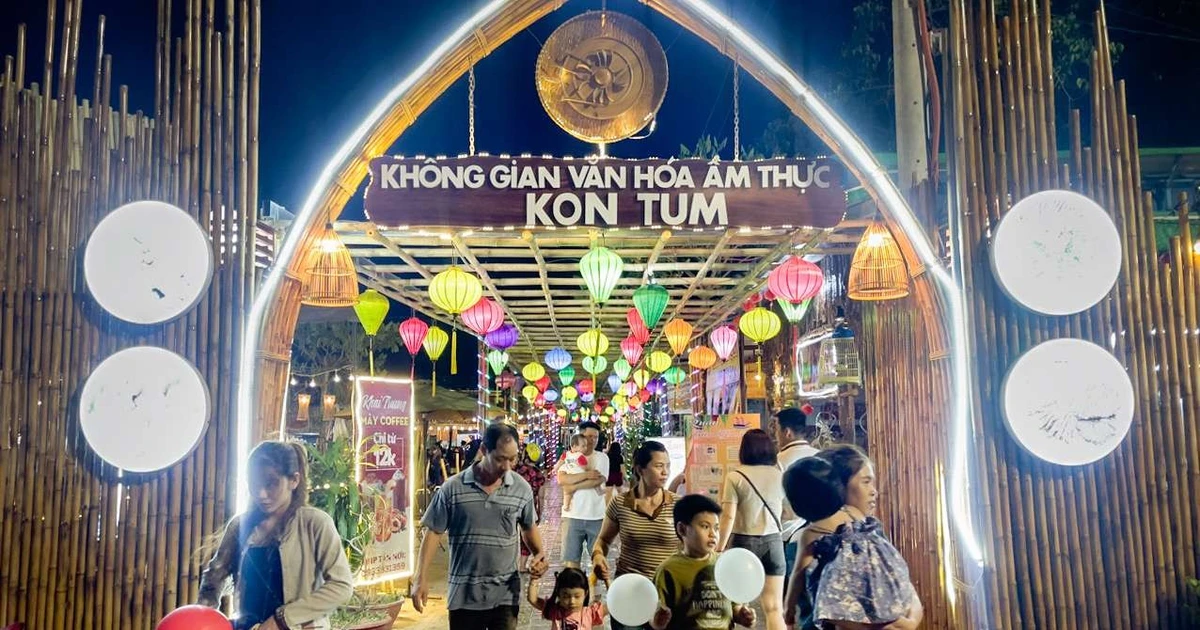

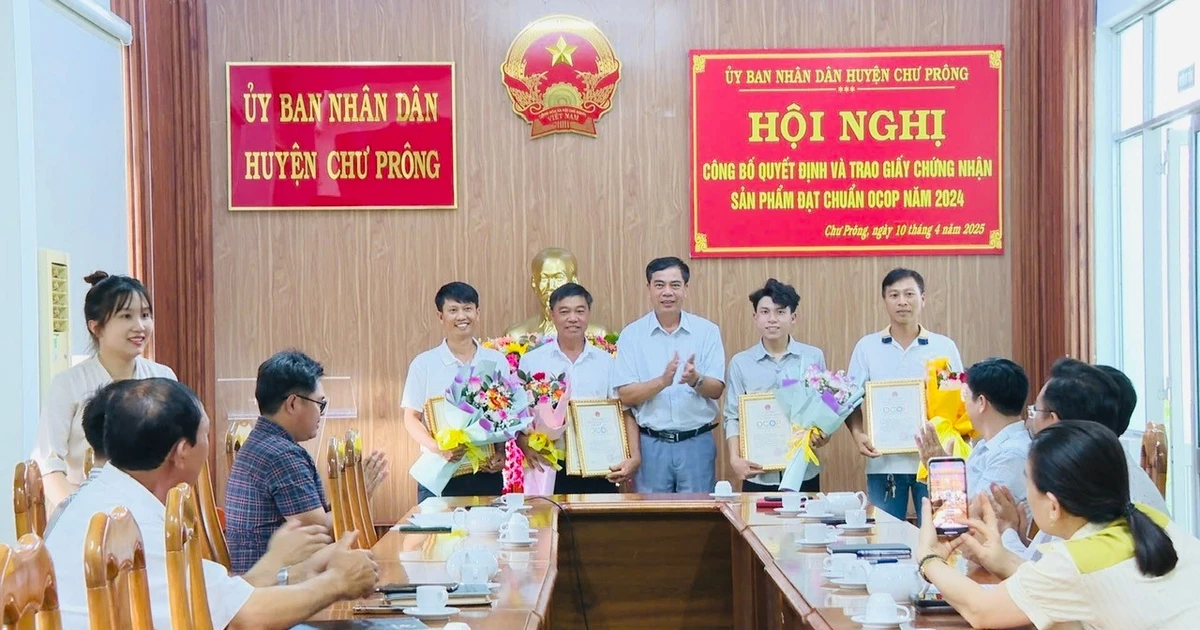











Comment (0)